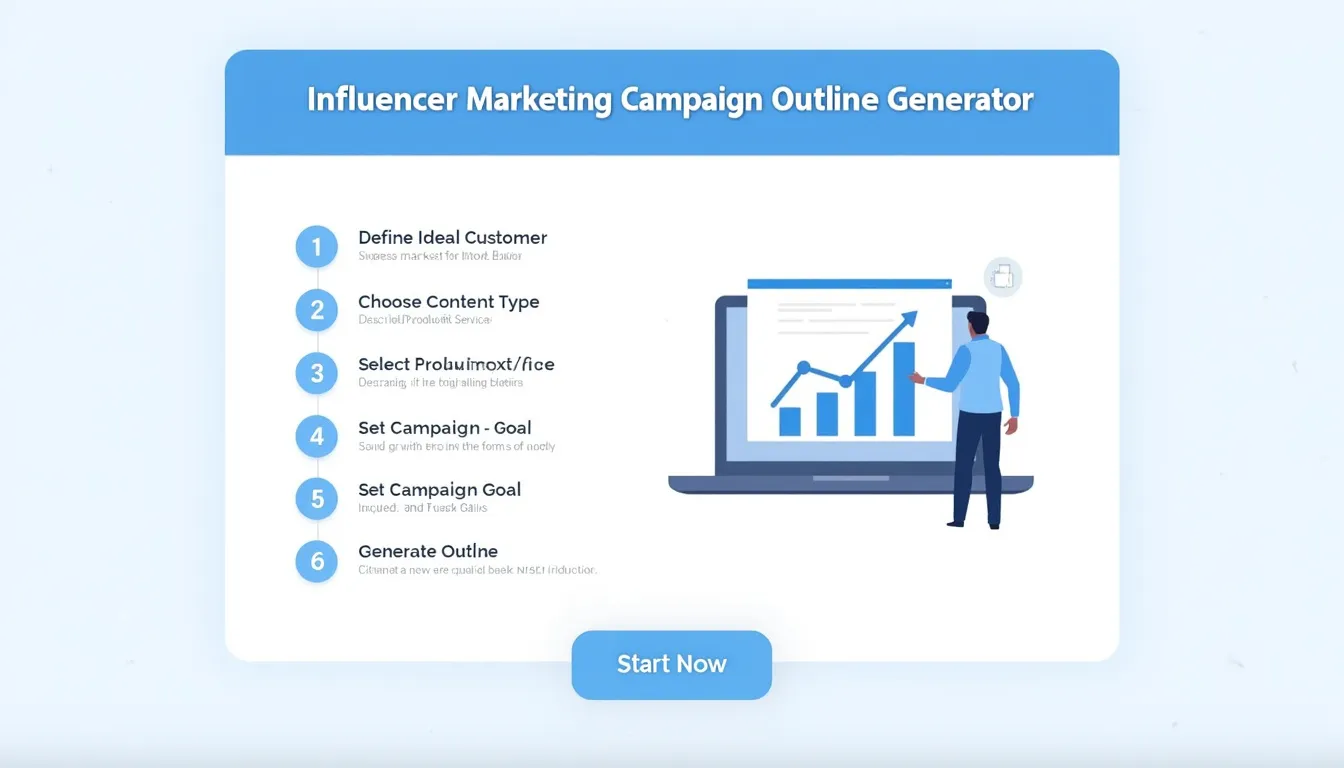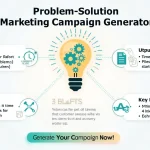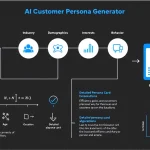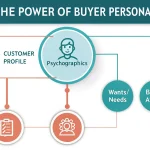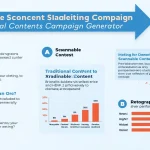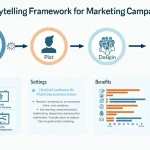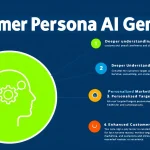Influencer Marketing Campaign Outline Generator
Is this tool helpful?
How to use the tool
- Ideal Customer Persona
Craft a concise profile:- “Home-office workers aged 30-45 who cycle daily and follow Strava challenges.”
- “College students 18-24 keen on zero-waste living, active on TikTok.”
- Content Type
Name formats and themes:- “30-second TikTok hacks showing meal-prep with product.”
- “LinkedIn carousel posts comparing industry benchmarks.”
- Influencer Type
Specify expertise:- “Urban cyclists posting weekly route reviews.”
- “Finance podcasters covering Gen Z budgeting.”
- Product / Service Description
Highlight benefits:- “Compact air purifier that removes 99.7% of allergens for dorm rooms.”
- “Subscription app offering weekly sustainable recipes under $5.”
- Desired Action
Define the single KPI:- “Download the app and complete onboarding survey.”
- “Use code CLEAN20 to order first filter pack.”
- Campaign Budget (optional) — enter a round number (e.g., 8000).
- Campaign Duration (optional) — write plain text (e.g., “6 weeks”).
- Click Generate Campaign Outline. Copy the result and brief your team or influencer agency.
Quick-Facts
- Average nano-influencer engagement: 3.69% (Statista, 2023).
- Typical Instagram post cost per 10 k followers: $100 to $185 (HypeAuditor, 2022).
- Videos drive 86% higher conversion than static images in influencer ads (Wyzowl Report, 2023).
- FTC requires #ad disclosure when compensation occurs (FTC Endorsement Guides, 2023).
- Global influencer spend reached $21.1 billion in 2023 (Influencer Marketing Hub, 2023).
FAQ
1. How many influencers should I book?
Target 5–15 micro-influencers for niche products; they balance reach and authenticity while staying within mid-five-figure budgets (Influencer Marketing Hub, 2023).
2. What metrics does the outline include?
You’ll see suggested KPIs such as reach, engagement rate, clicks, and cost per action—standard benchmarks for social campaigns (HubSpot Benchmark Report, 2023).
3. Can I focus on B2B buyers?
Yes. Add fields like “LinkedIn thought leaders” and “white-paper downloads” to generate a plan oriented toward professional decision-makers (LinkedIn Marketing Solutions, 2022).
4. Does the tool support multichannel activations?
The engine tailors strategies to every platform you mention; include Instagram, TikTok, or podcasts to receive channel-specific content ideas (Sprout Social Index, 2023).
5. How do I estimate ROI?
The outline offers a simple formula: rac(Net Revenue − Cost) × 100 / Cost, letting you plug in projected sales and spend for quick ROI checks (AMA, 2022).
6. Is #ad disclosure really mandatory?
“Any material connection must be clearly and conspicuously disclosed” — FTC Endorsement Guides §255.5 (FTC, 2023).
7. What if my budget is under $1 k?
Select nano-influencers (1k–10k followers); they charge $10–$100 per post and still deliver high engagement (Kantar Influence Study, 2022).
8. How quickly can I launch after generating the outline?
Most brands finalize briefs and contracts within two weeks when details are pre-structured, reducing pre-production time by 40% (Later.com, 2023).
Important Disclaimer
The calculations, results, and content provided by our tools are not guaranteed to be accurate, complete, or reliable. Users are responsible for verifying and interpreting the results. Our content and tools may contain errors, biases, or inconsistencies. We reserve the right to save inputs and outputs from our tools for the purposes of error debugging, bias identification, and performance improvement. External companies providing AI models used in our tools may also save and process data in accordance with their own policies. By using our tools, you consent to this data collection and processing. We reserve the right to limit the usage of our tools based on current usability factors. By using our tools, you acknowledge that you have read, understood, and agreed to this disclaimer. You accept the inherent risks and limitations associated with the use of our tools and services.
